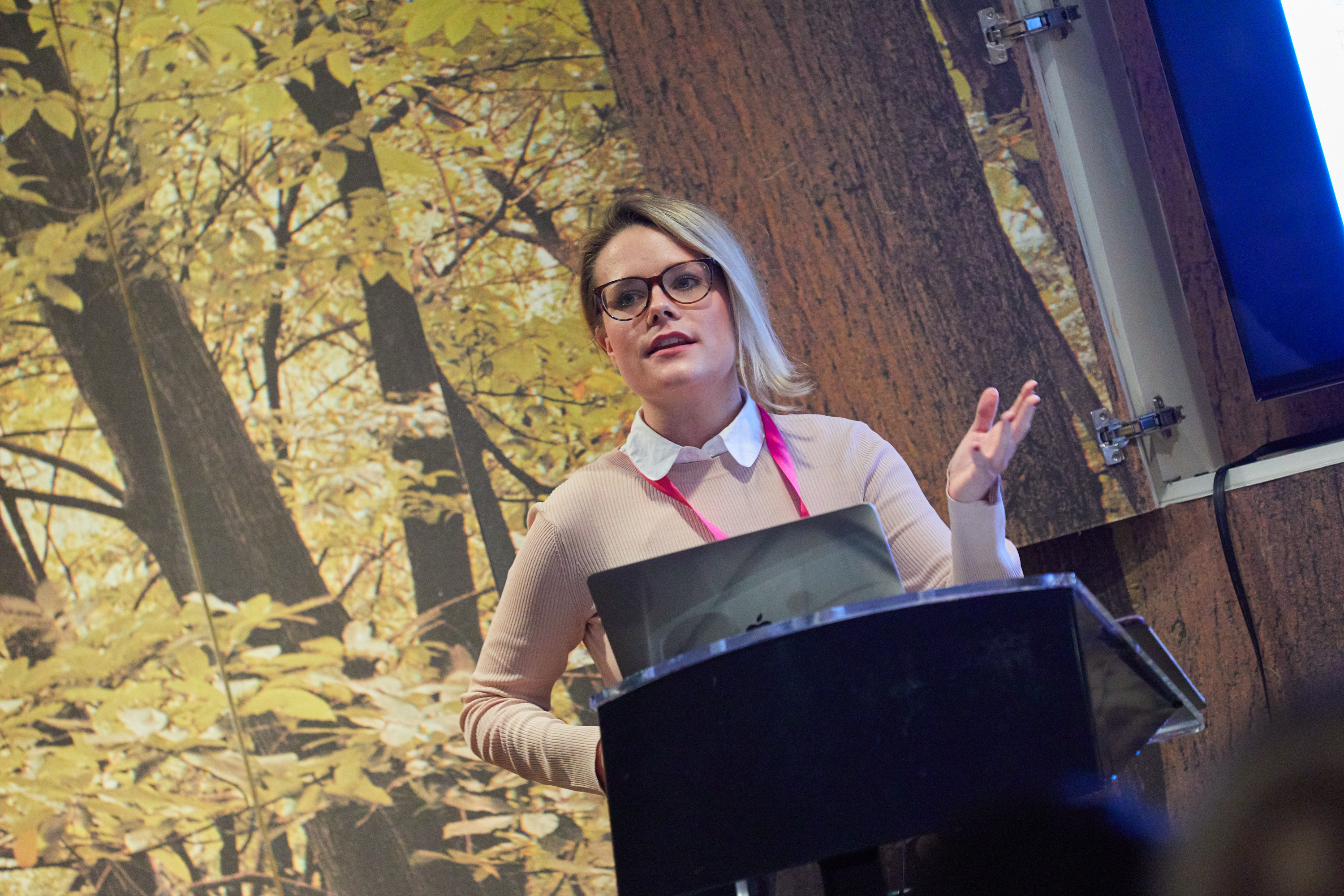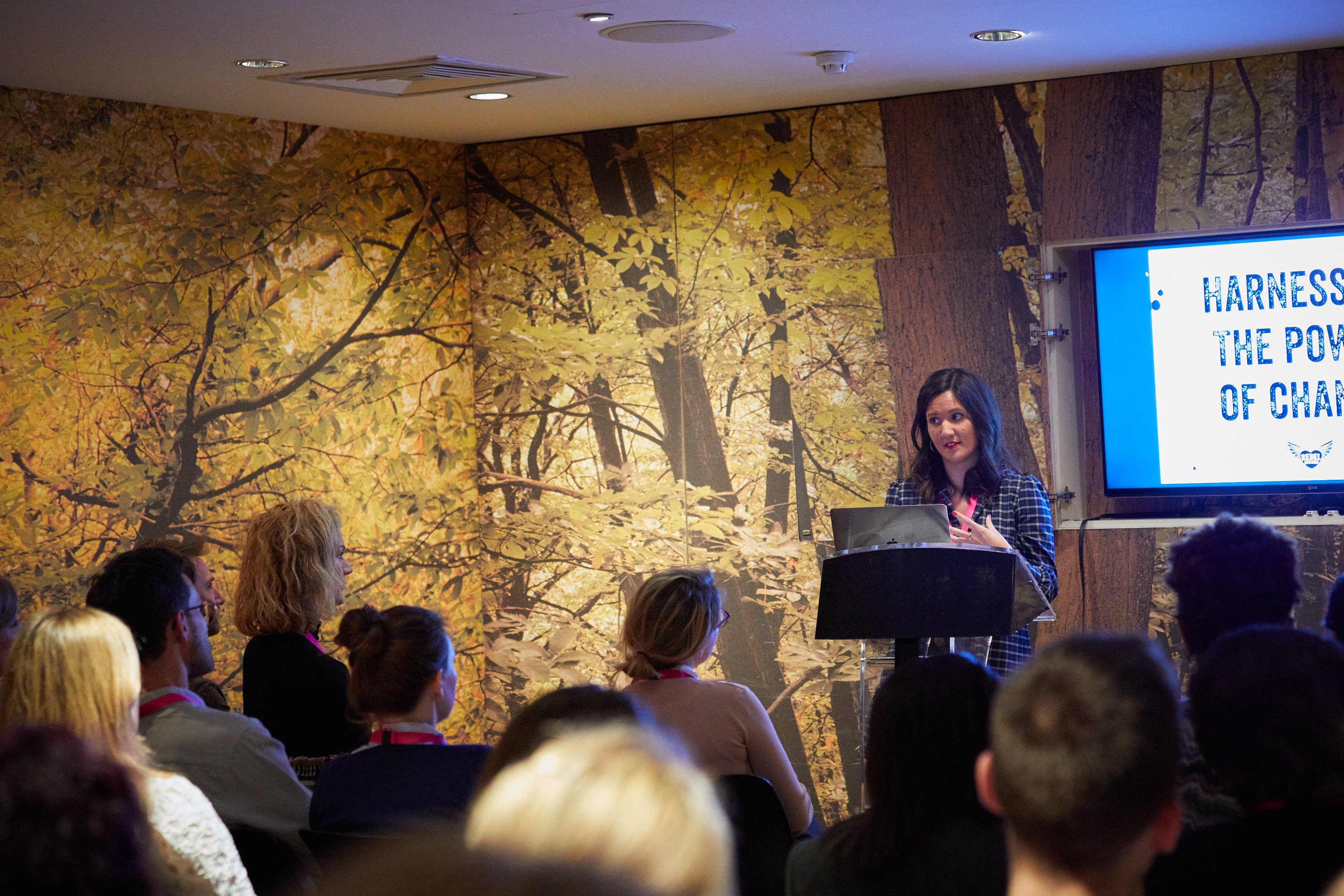BareAll: Communities of Change – part two
We all know that business and consumer communities are increasingly motivated to support sustainability, it’s a trend that isn’t going anywhere. This month’s BareAll invited four key players in the food and wellness industry to talk about harnessing the power of change and what they do to make the difference to their consumers and our world.
As these four pretty incredible businesses talk us through their stories and journeys, we find out what it takes to be an ethical brand, challenging perceptions and creating products and content to promote change. And because there’s so much juicy info, we decided to give you all the good stuff in two delicious chunks, last week we looked at values, transparency and the importance of supporting each other, and now for part two:
Meaningful Content
Emma Winterschladen, Liz Earle Wellbeing

The Liz Earle Wellbeing magazine launched in 2014 as a quarterly digital content publication. By 2015 they were in print, with a small but rapidly growing team. Their motto is “Wellness wisdom you can trust”, which is a big promise when you consider the culture of self care and wellbeing we’re currently saturated with.
Emma explained the main message they’re driving is that Liz Earle Wellbeing makes itself accountable, that’s the differentiator. They sift through the noise (not an easy thing to do these days) and aim for a balanced and well-researched voice.
What is wellbeing?
The trend in wellness is growing and has become an umbrella term for, amongst others:
- Contentment
- Self love
- Being physically fit
- Work/life balance
- Mental health
Wellbeing has become not merely an absence of disease, but the pursuit of health and happiness. According to Public Health England wellbeing is defined as:
“…the individual… able to develop their potential, work productively and creatively, build strong and positive relationships with others, and contribute to their community… able to fulfil their personal and social goals and achieve a sense of purpose in society.”
Emma informed us that, here in the UK, we’re doing okay in terms of job satisfaction, but our mental health is deteriorating and we’re facing an obesity crisis. Says Liz: “It’s about living well for longer, that’s the bottom line. We are all living longer but there’s no point living longer unless we live well, are fit and have active lives with a sense of energy.”
So we know we’re in a place where health and wellbeing is permeating our mainstream consumption of media and products, but there’s a lot of sensationalism out there. Emma gave the example of the turmeric craze – there’s a lot of coverage, a lot of studies and a lot of confusing information and claims. So the Wellbeing team decided, “Let’s not get carried away, let’s take a pause for breath.” Emma wrote a balanced article about Talking Turmeric – and that’s ultimately how they approach content – with a reflective, informed and balanced approach.
The latest in the Liz Earle line of delivery of information is the Wellness podcast. Liz speaks to experts in the field about “health and beauty news, what to eat, how to live well and how to spot a gem of wellbeing wisdom from a passing fad”. In episode 33, Liz chatted to Dale Pinnock about how dangerous trends can be if they’re not handled carefully:
“Content is going to increase and, as consumers, we’re going to be ruthless about what we want to receive. If you’re creating content, you’ve got a responsibility to do your research.”
Liz’s top tips for creating content
- Be accessible: people want content relevant to their life. What are we telling people? Why are we telling them? How will it make a difference to their lives? Know your audience and what moves them.
- Be interesting: Listen to your followers and fans. Your feeds and comments are a living, breathing feedback forum. Liz could see what her audience was asking for and enjoying and on the back of that info, created the Wellbeing Menopause Community, which has been massively successful and provides an amazing resource to Liz’s community.
- Slow down. Don’t rush to produce content if it’s not going to be authentic or relevent. Liz says “If it has to be now it has to be no”.
- Do your research: seek balance – talk to experts and avoid sensational headlines.
- Aim for engagement: Don’t chase the ‘likes’, but instead build a loyal customer base, this is so much more important.
“I don’t look over my shoulder, I don’t follow trends. I think it’s more important to be balanced, trusted and authentic. I think that’s what gives a brand longevity and I intend to still be doing this in 30 years’ time.” Liz Earle, MBE
Harnessing the Power of Change
Natasha Harden, Rebel Kitchen

Natasha started by asking us: sustainability – what does it mean? How do we define it? It encompasses so many different things. How are we as a businesses going to take a holistic approach?
As with the Liz Earle approach, Natasha believes it’s all to do with doing quality research into what consumers want, and like the Doisy & Dam boys, it’s about transparency, where the ingredients are from, how you look after the farmers. Belief-driven buyers is a term that’s used a lot nowadays, it’s a new progression; it’s a movement.
At Rebel Kitchen, Natasha explained, they do the best they possibly can at all times.
Rebel Kitchen
So what do Rebel Kitchen do exactly? Well if you haven’t already seen or enjoyed their delicious products, they create plant-based products that are all organic, from coconut water. Says Natasha, “At the heart of our business we are Rebels – questioning the norm and never settling for the established way of doing things.” They saw the disconnect between what people were eating and where it was coming from and they took action.
Natasha and her team knew food could be sustainable, ethically sourced and still taste delicious but “health” lost its way, and is more of a diet buzzword now. Where living healthy should be about nourishment and looking after ourselves, it’s been hijacked as a way of cashing in on people’s insecurities about the way they look. Rebel Kitchen is on a mission to redefine health – through food, business and beyond.
Food
Natasha explained the Rebel Kitchen process: when you crack open a coconut there’s a jelly that develops into “coconut meat”, which usually goes to waste. After a lot of research they managed to get a machine to get this “meat” out of the coconuts and used it to make their coconut yoghurt. Nothing is wasted and everything is delicious, responsibly sourced and produced, and made of organic, basic natural ingredients.
Business
How they treat their team is really important – the team are the foundation of the brand. It’s a Rebel Kitchen value to treat everyone like human beings and like adults. In order to build a holistic, sustainable team, Natasha trusts the team to do the job in the way that’s appropriate for them. The individual is considered at all times – appraisals focus on your life outside of work: how happy you are, how your friends and family are, what’s going on at home. It’s a revolutionary approach – helping the staff in their personal life to achieve personal and team goals within the business.
Beyond
Like Doisy & Dam, Rebel Kitchen received their BCorp certification and they couldn’t be prouder. It’s important for them to give back – they’re also involved in 1% for the planet foundation – it puts their money where their mouth is and they give 1% of sales to this amazing initiative. Their first donation is May this year.
It’s amazing businesses like these that make us tick here at Giant Peach. Inspiring us to make a difference and motivating us to do the work we do for pioneers and game changers.
If you’re a business making a difference and need a boost, or you’d like to take part in one of our events, give us a shout.